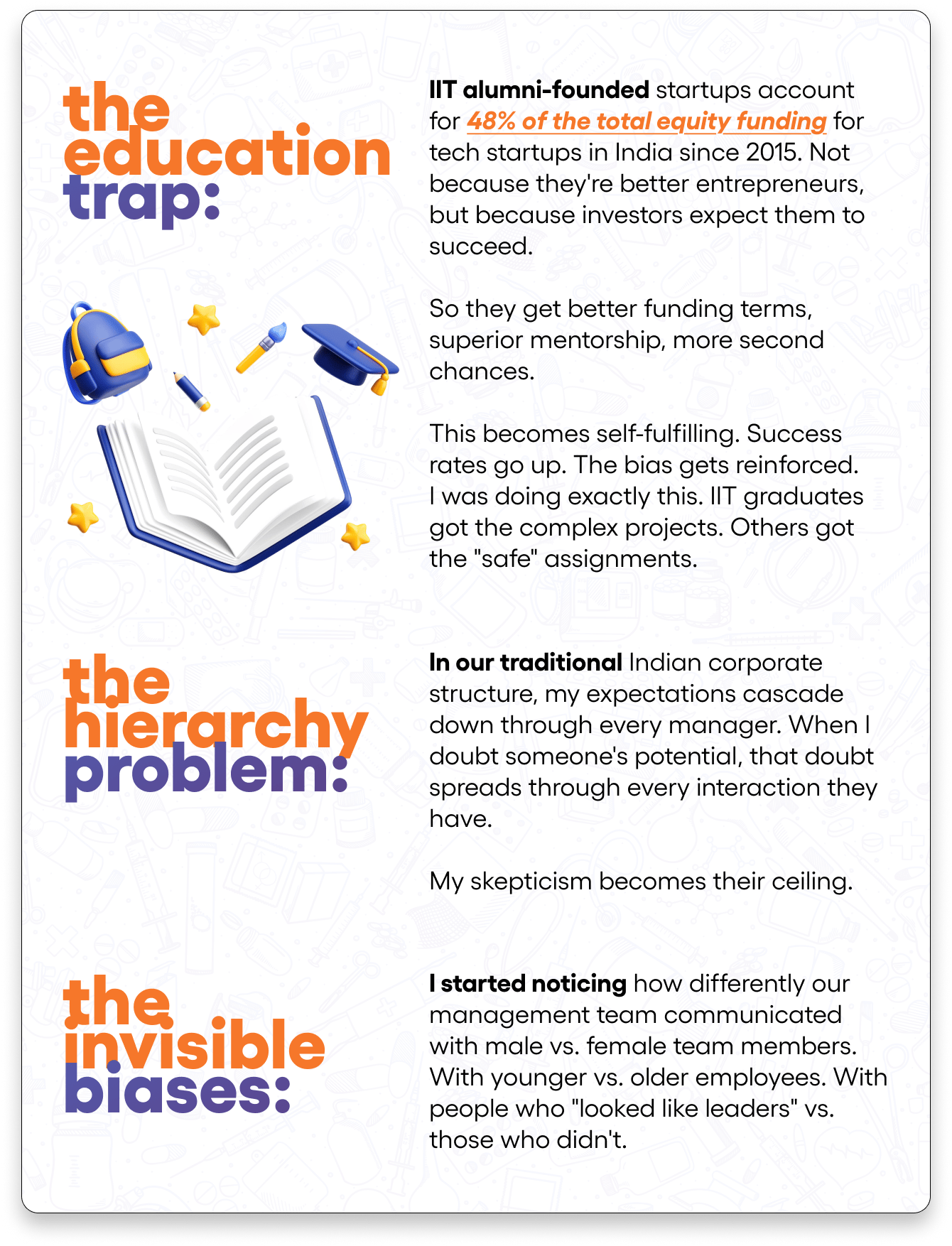- Ritesh Malik
- Posts
- 1.3M watched her get fired
1.3M watched her get fired
what went wrong has nothing to do with performance
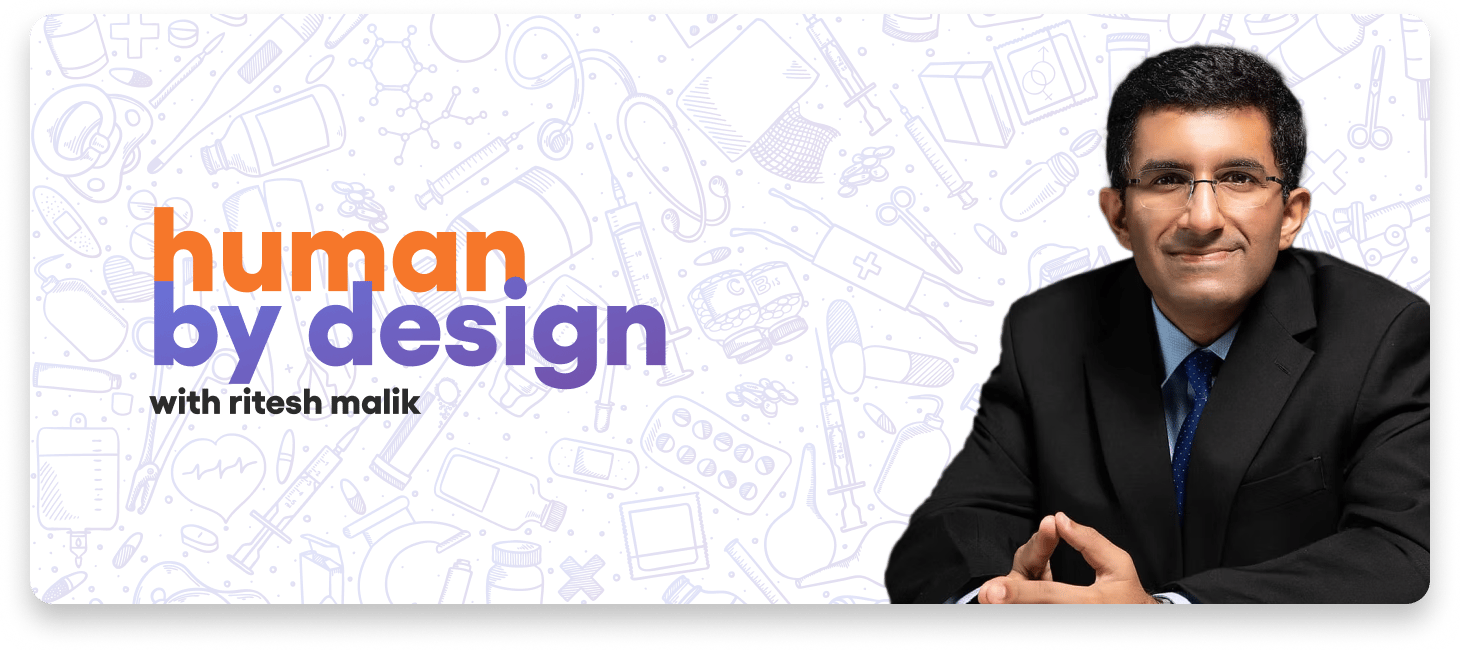
1.37 million people watched a manager destroy someone's career in 9 minutes.
I came across how a Cloudflare account executive Brittany Pietsch filmed her own layoff and posted it on TikTok (don’t worry the YouTube link is below).
The video is brutal to watch.
Two HR reps stumble through corporate speak while Brittany calmly destroys their logic.
She had the "highest activity" on her team.
Received "constant positive praise."
Was told she was doing "great work."
But here's the part that made my stomach drop:
Her direct manager wasn't even on the call.
The person who knew her work best, who had been giving her positive feedback, who should have been fighting for her, was nowhere to be found.
Cloudflare's CEO later admitted: "Managers should always be involved in these decisions."
Too late. 1.37 million people had already seen what happens when managers fail their people.
But here's what really bothered me about this story: How many careers are being quietly destroyed by manager failures that don't go viral?
SHRM's research revealed that poor management costs the global economy $438 billion in lost productivity.
The question that kept me up: What are the effective managers doing that the rest of us are missing?
Because I realized I might be one of the bad ones.
Last month, something happened that changed how I see everything...
I was reviewing our Q4 performance with my team leads.
Same old story - our "star performers" crushing targets while our "average" folks struggled to meet basic expectations.
Then Priya, our newest hire from a tier-2 college, ended up mentioning something that stopped me cold:
"Sir, I know you don't expect much from me since I'm not from IIT, so I just focus on not making mistakes."
Wait. What?
I'd never said that. But somehow, she'd absorbed this message from... somewhere.
I started replaying every interaction I'd had with her.
My language.
My assignments.
My feedback style.
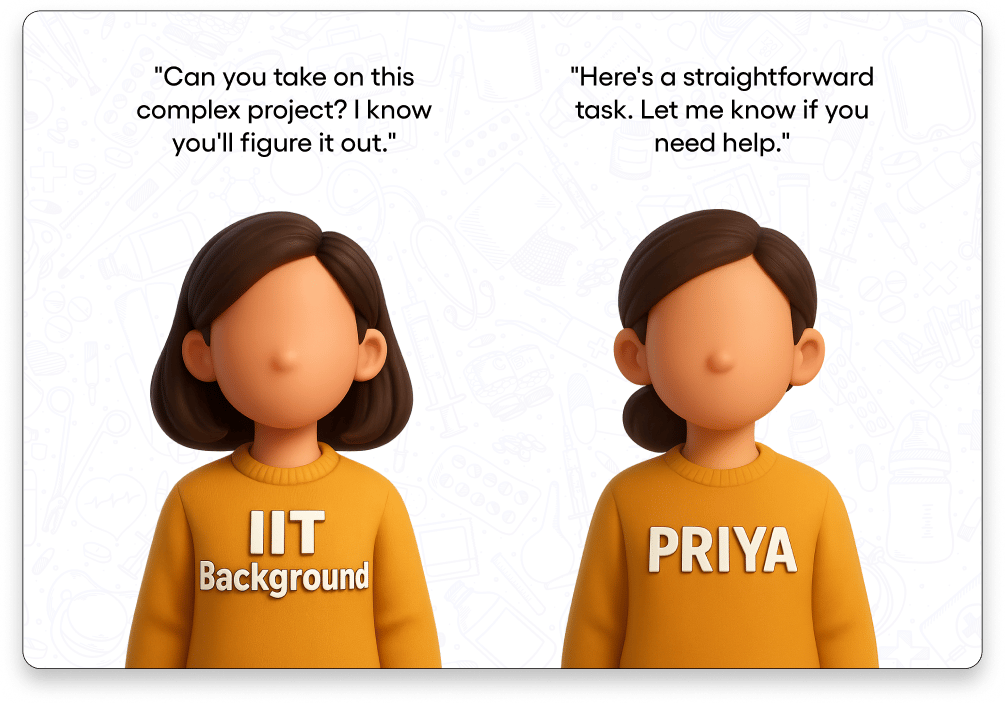
Same conversation. Different expectations.
That night, I couldn't sleep. Was I doing this to others too?
My head started wondering if this actually had an impact on them.
As my google searches took me from 1 website to close to 87.
I found something that really surprised me.
Harvard researchers tracked 2,874 workplace participants and discovered something disturbing:
Managers unconsciously give 70% more developmental feedback to employees they expect to succeed.
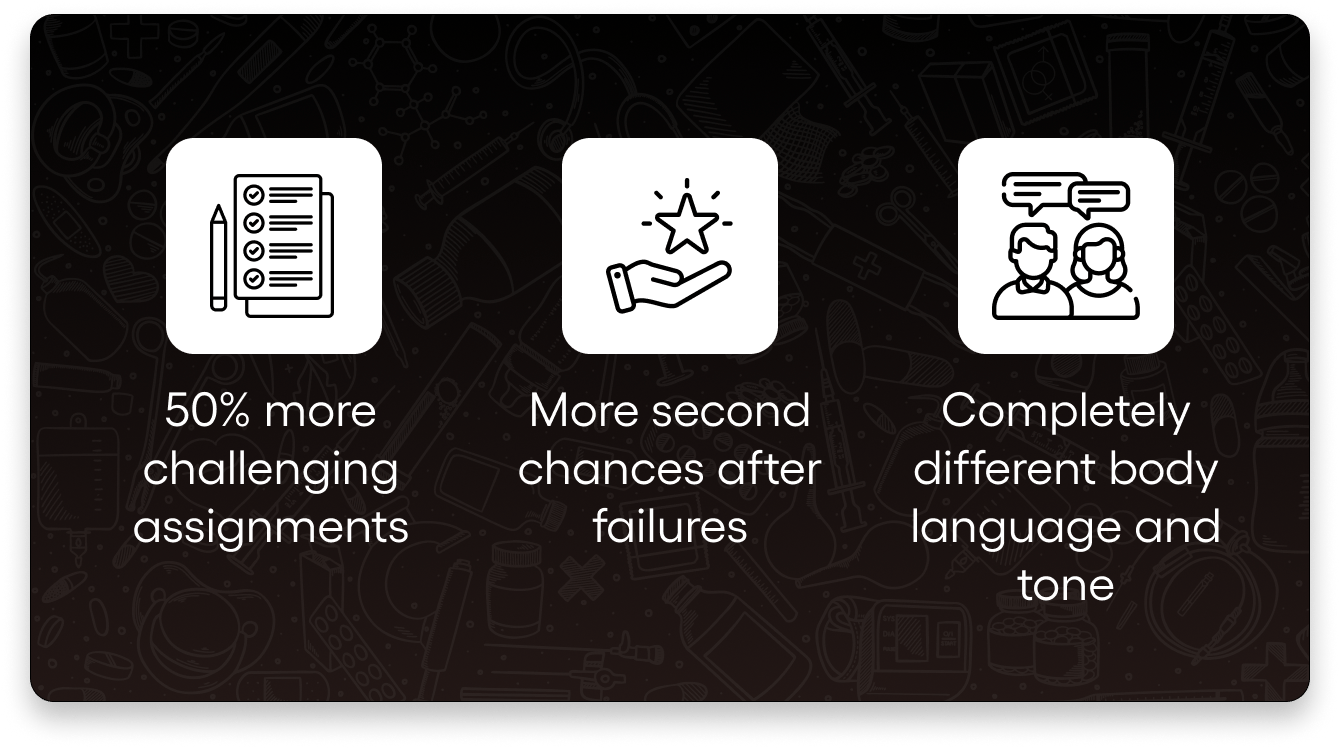
Meanwhile, people they've mentally written off???
They get routine work, minimal feedback, and cold interactions.

Brain imaging studies show that when people feel believed in, their brains literally change within minutes:
More dopamine release (motivation goes up)
Better stress hormone patterns
Enhanced memory formation
30% more efficient learning
But here's what terrified me: It works in reverse too.
The research has a name for what I was doing: The Pygmalion Effect.
Named after the Greek sculptor whose belief brought his statue to life.
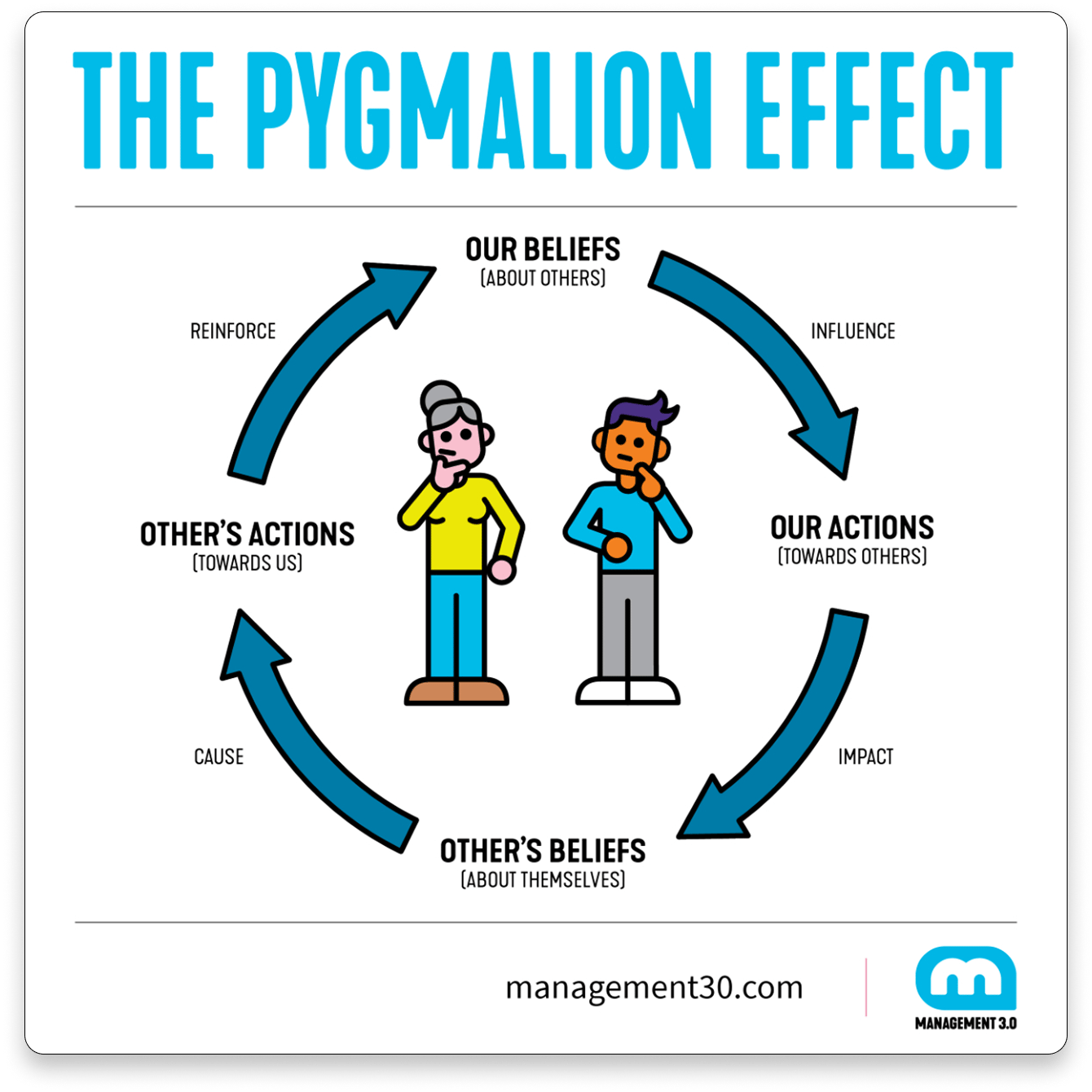
How does framing impact outcomes?
Let’s look at an example from Tversky and Kahneman's Nobel Prize-winning Prospect Theory:
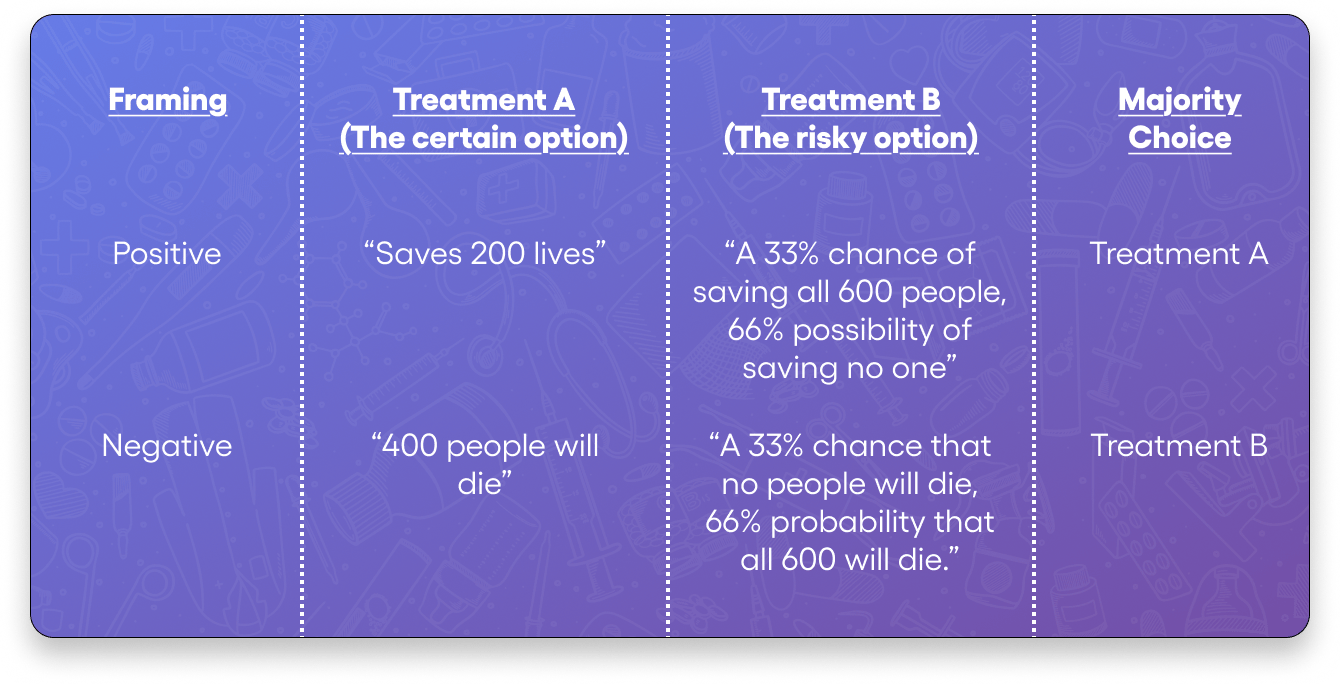
Treatment A was chosen by 72% of participants when it was presented with positive framing ("saves 200 lives").
When the question was negatively framed, the result reversed, and 78% of participants chose Treatment B.
The Choice of Words Can Change Outcomes

67% of women in Indian workplaces report bias-based low expectations affecting their performance.
We weren't just missing talent.
We were actively programming mediocrity into promising people.
But then I remembered our cultural advantage.
Think about the guru–shishya tradition in India.
The guru didn't see the current performance. They see potential.
Modern Indian business mentorship mirrors this.
When Ratan Tata personally mentors a startup founder, it’s not just advice.
It’s the expectation of excellence that gets transferred.
Over 700 startups founded by ex-Flipkart employees.
Why? Because Flipkart created a culture where everyone was expected to become an entrepreneur eventually.
That expectation became identity.
Even our 2011 Cricket World Cup victory followed this.
Same players. Different mindset. A rewired belief system.

I picked three of our most “average” performers and treated them like our best:
Gave them challenging projects
Used confident language ("When you complete this" not "If you can do this")
Provided deep feedback
Expressed genuine growth expectations
Within a month, two of them were outperforming people I'd previously considered "high potential."
I wasn't changing their abilities.
I was changing their brain chemistry through expectation mechanisms.
Research confirms the effect is actually stronger with initially lower-performing employees.
Your "weakest" team members have the most potential for transformation.
The dark side:
Low expectations do real damage:
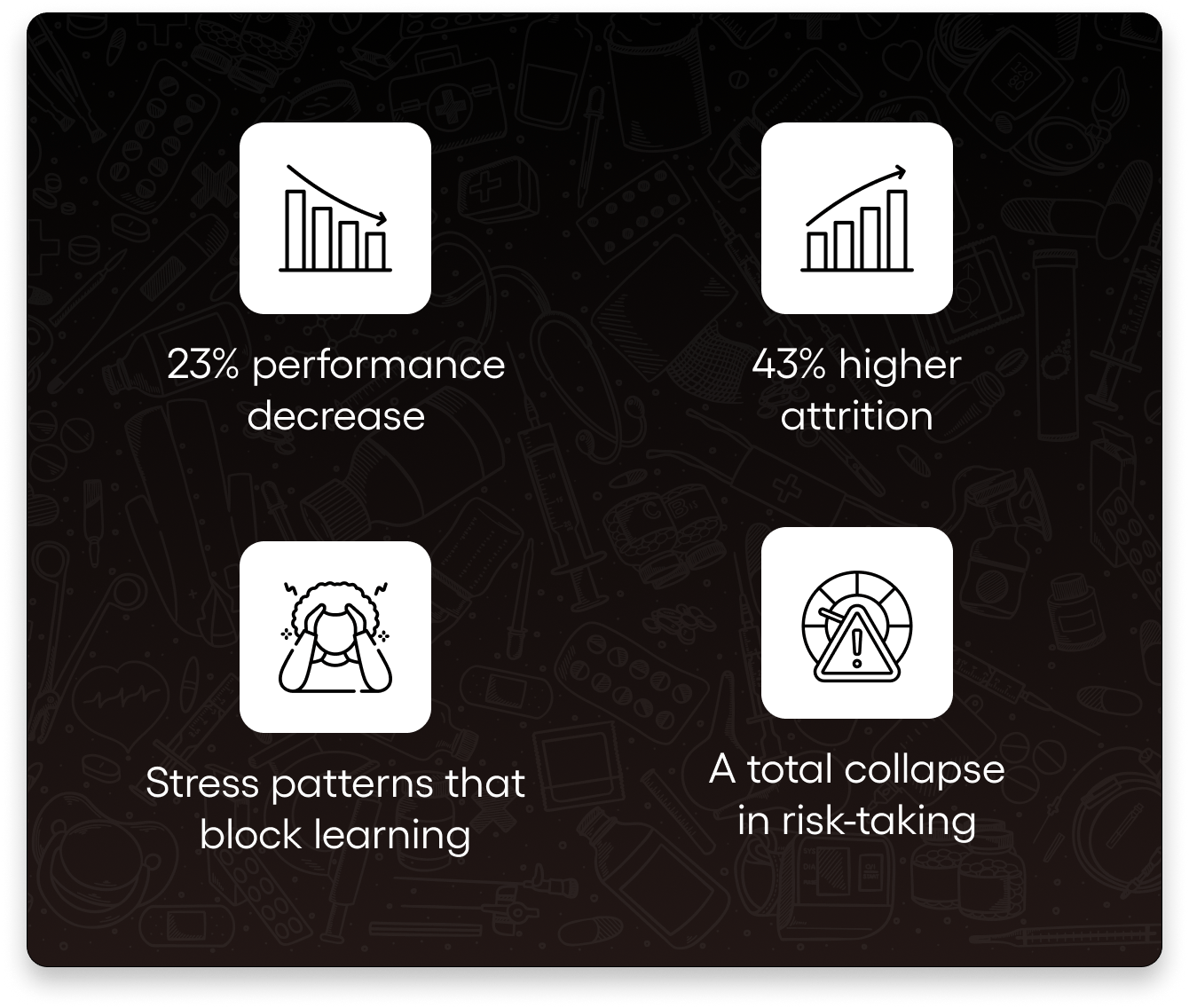
This doesn’t just kill careers. It kills confidence.
Especially in India, where biases based on education, gender, age, and region are still prevalent. We’re unknowingly building systems that limit performance from Day 1.

2024 research reveals that expectation dynamics shift in remote environments.
Good news: Digital communication makes expectations more visible. Bias patterns become easier to spot and fix.
Challenge: Gen Z workers need different expectation relationships. They want:
Immediate, data-driven feedback
Transparent growth paths
Mental wellness integrated with performance
If your performance management system doesn’t reflect this, you’ll lose your best young talent.
So I rebuilt ours from scratch.
Here's exactly what I did to rewire our organization:
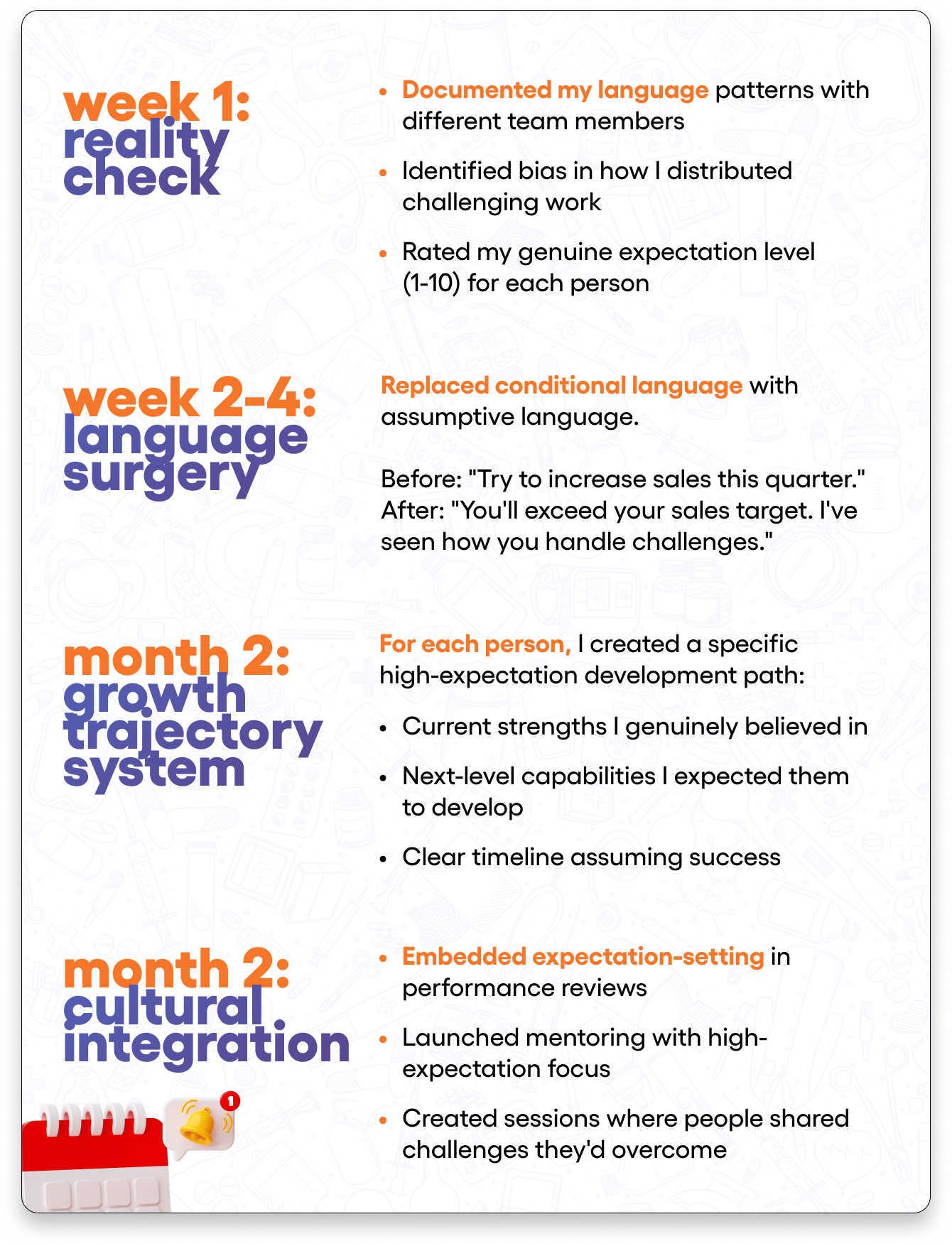
The results? Studies show ROI of 529-788%. Our goal achievement rates improved 20% within six months.
Metropolitan Life Insurance accidentally discovered the same thing - teams with managers who genuinely believed in them performed 40% better.
What I now know about high-performing orgs:
The best companies don’t just hire the best people.
They expect greatness and train their people into it.
Tata. Infosys. Flipkart.
They weren’t built on IQ.
They were built on belief systems that rewired ordinary people into top performers.
Your expectations are altering your team’s chemistry.
Use that power intentionally.

Pick one person you've been unconsciously limiting.
For two weeks, treat them exactly like your highest performer:
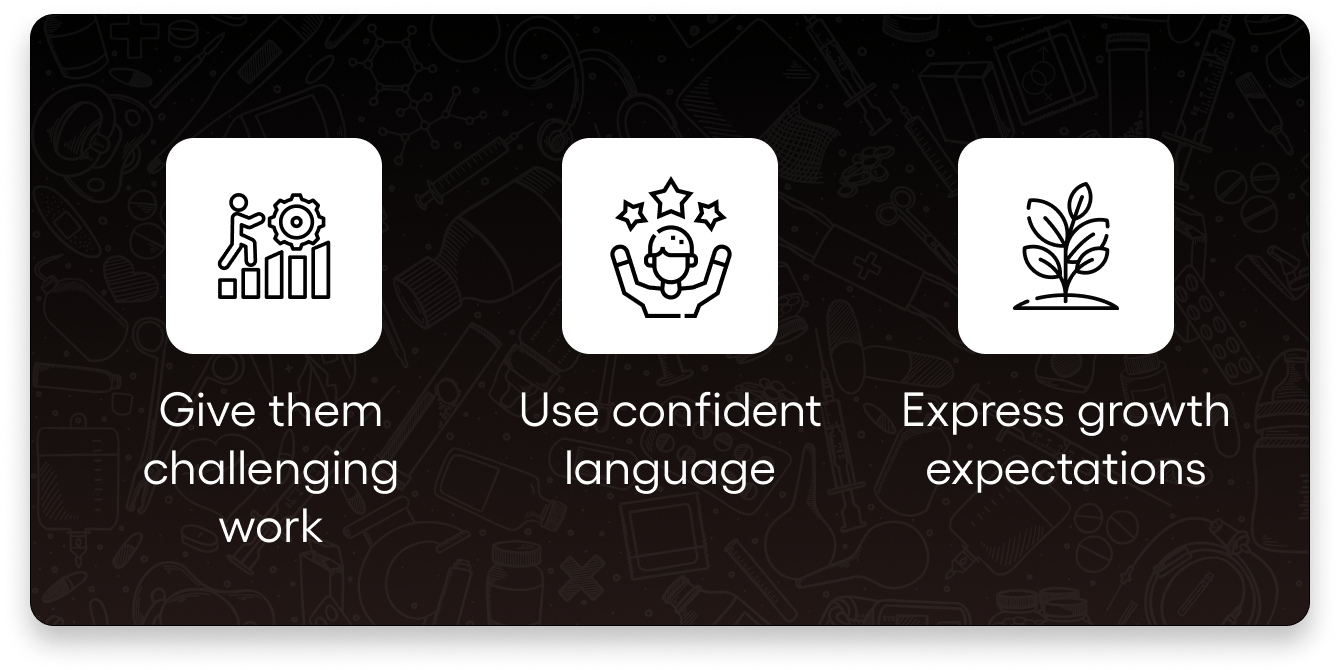
Watch what happens.
Remember Priya? Six months later, she's leading our most complex client project.
Same person. Different expectations. Completely different brain chemistry.
TLDR: They say that the people around you determine your faith. THIS IS THAT. The expectations your friends and co-worker have actually change your trajectory significantly
Until next week,
Ritesh

